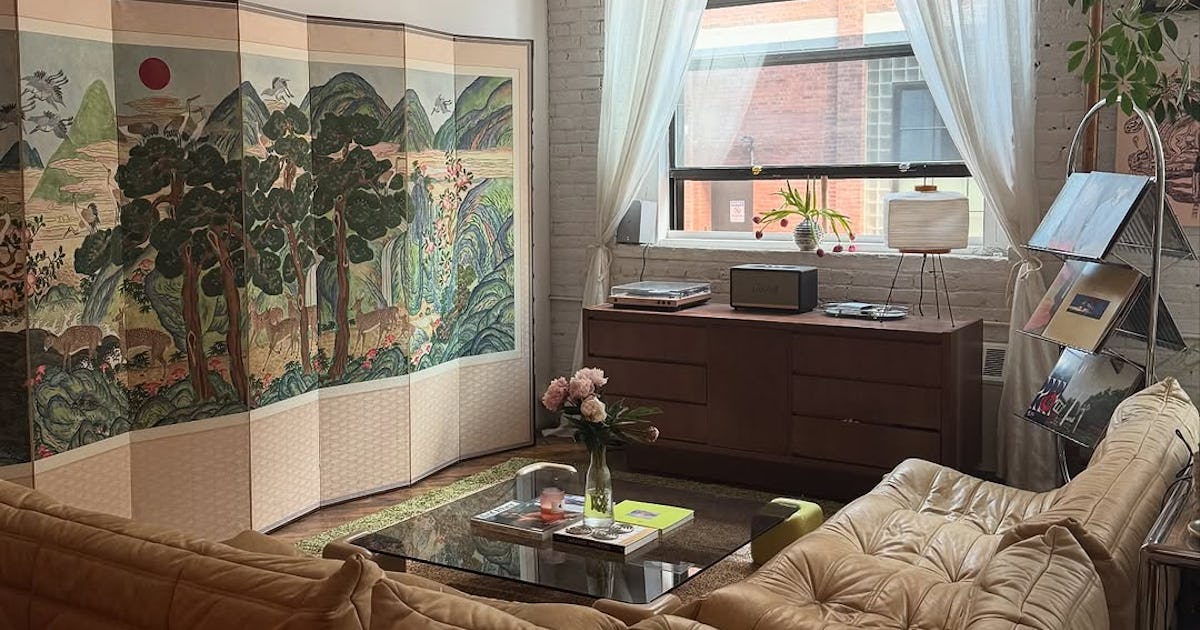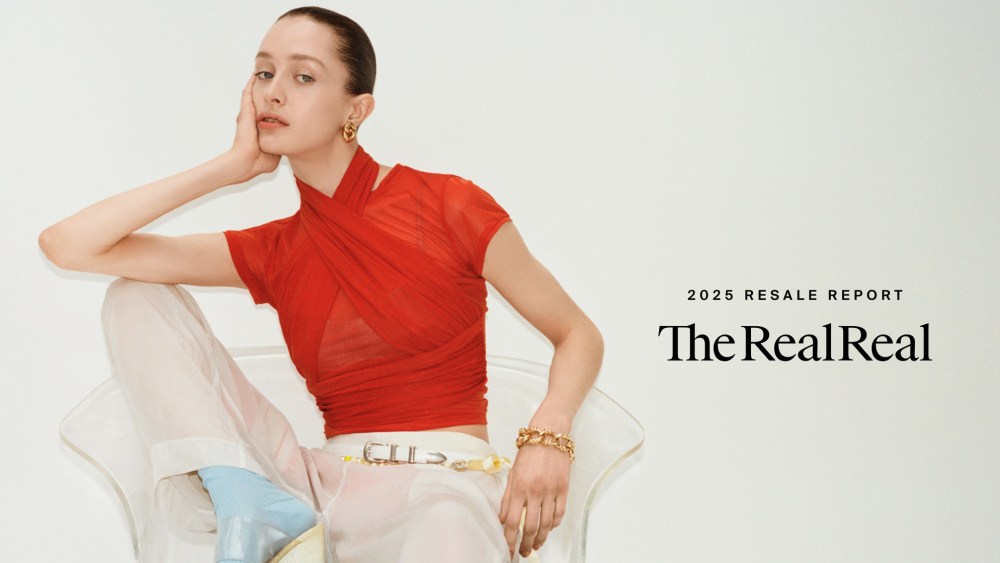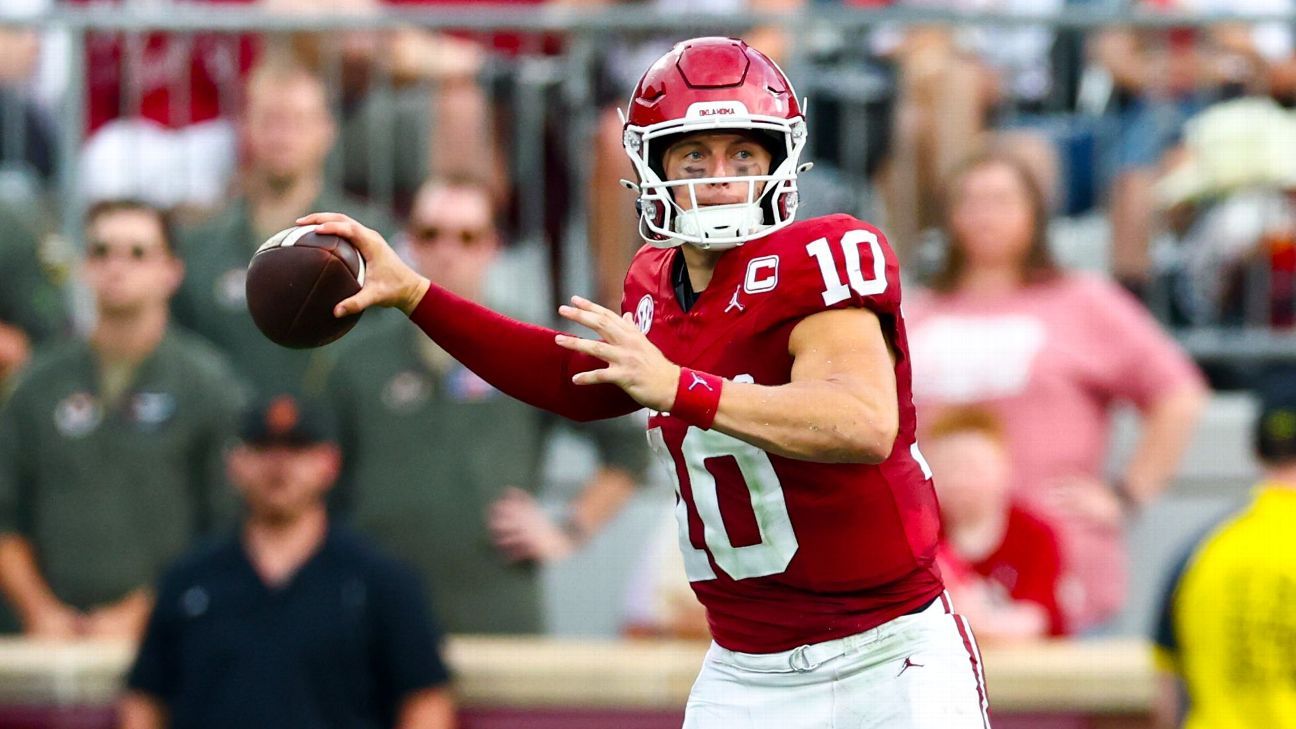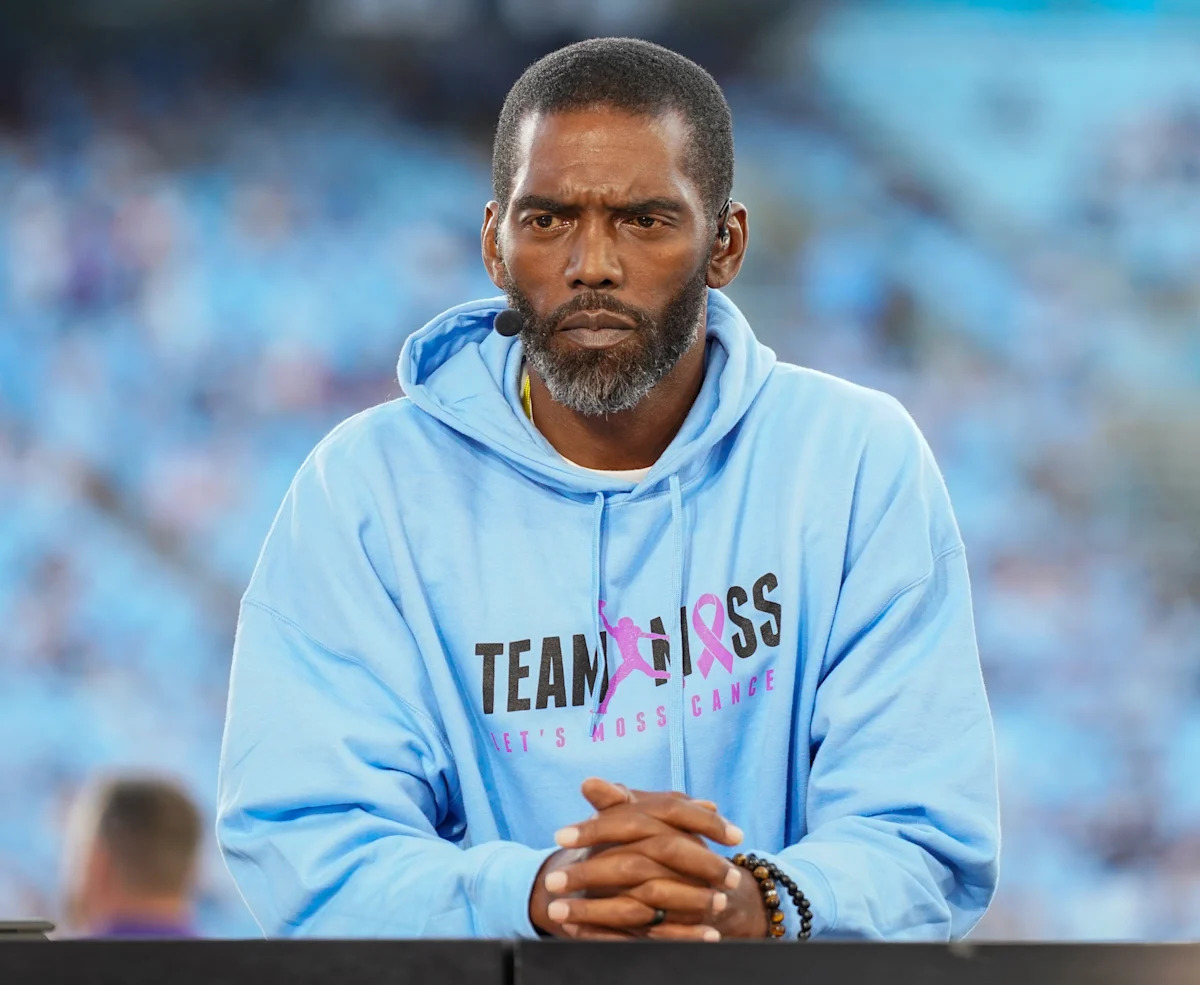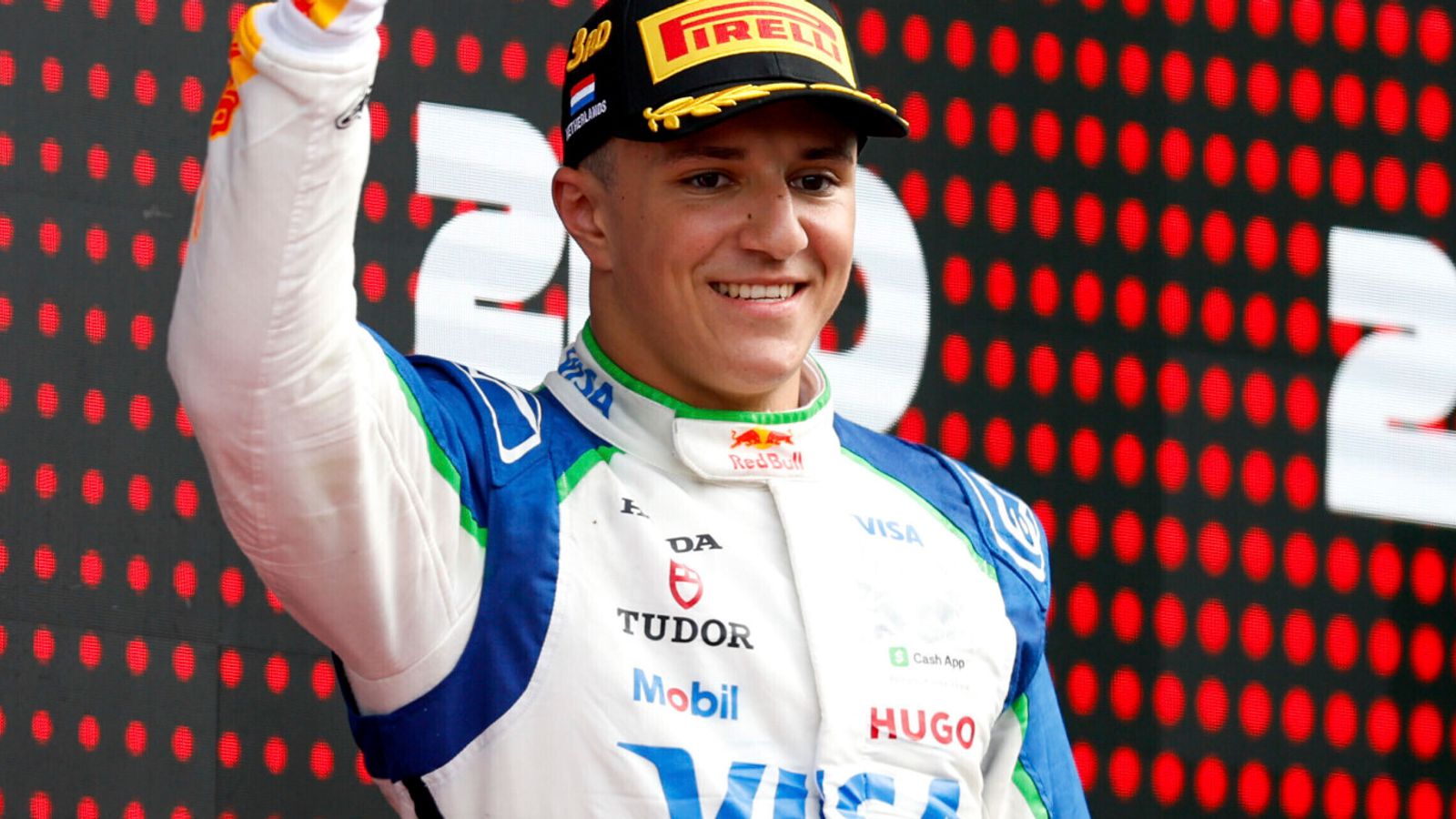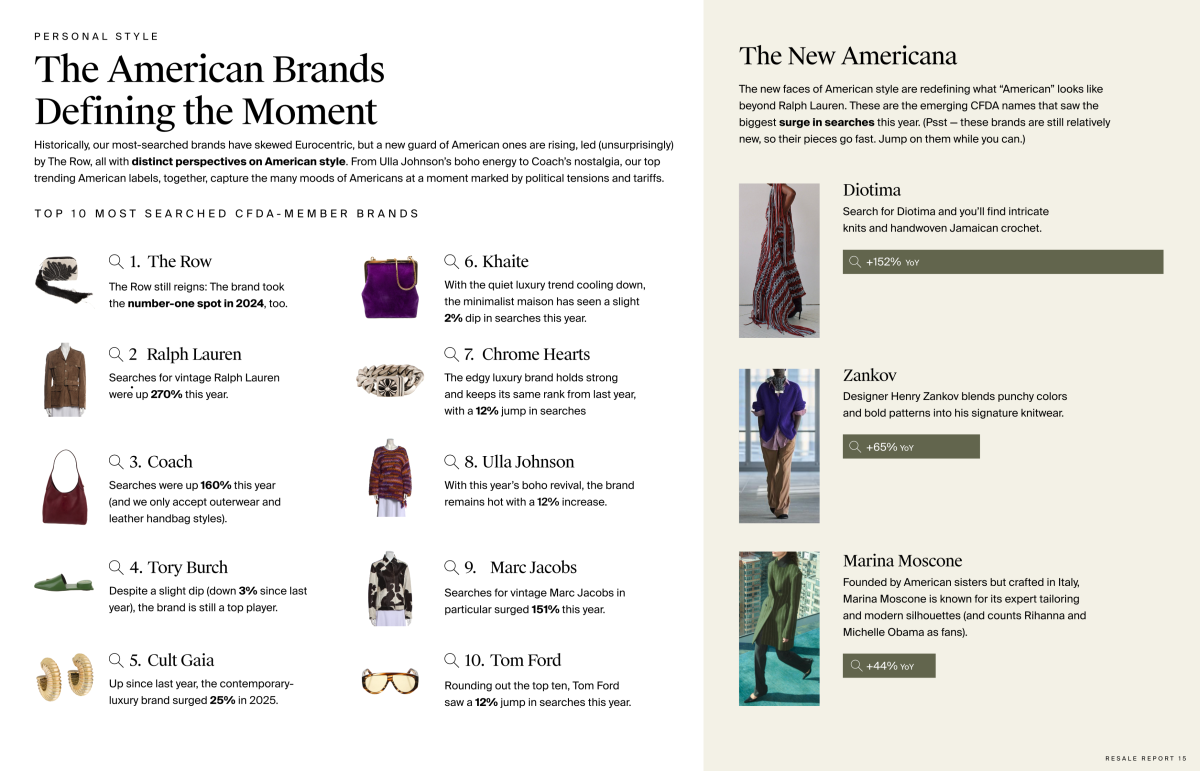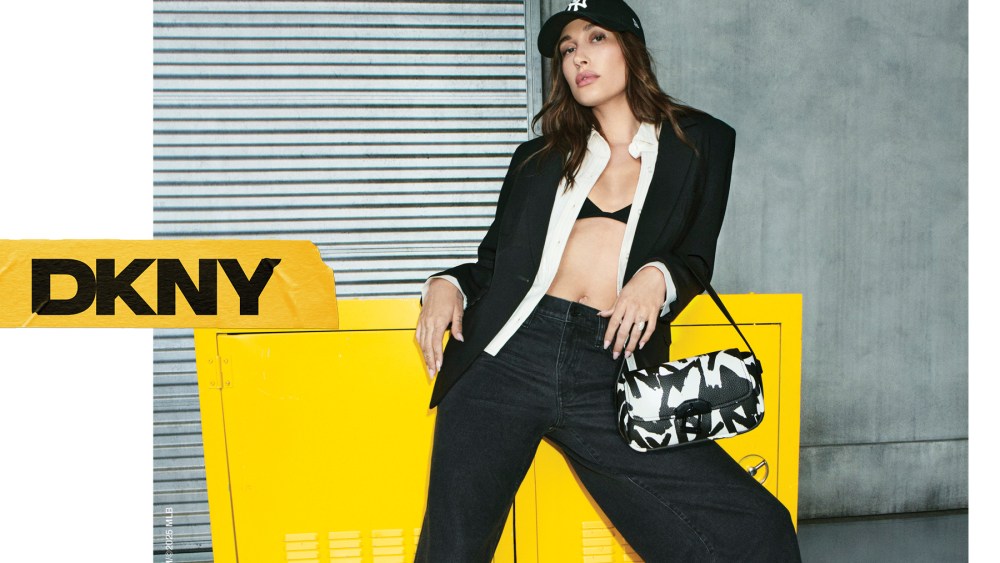
G-III Apparel Group is feeling the pinch of higher tariffs — and taking a more cautious stance to the back half of the year because of it.
But Morris Goldfarb, chairman and chief executive officer, remains bullish as ever on the business, which paid down most of its debt last year and has $286 million on its balance sheet to keep building around DKNY, Donna Karan and Karl Lagerfeld as the licensed Calvin Klein and Tommy Hilfiger businesses revert back to PVH Corp.
G-III’s second-quarter net income fell 55 percent to $10.9 million, or 25 cents a diluted share, from $24.2 million, or 53 cents, a year earlier. Sales for the quarter ended July 31 slipped 5 percent to $613.3 million.
Blame at least some of that on trade war confusion.
G-III said it expects $155 million in incremental tariff costs this year — a $20 million increase from the June estimate.
The company expects about half of the increased tariff costs this year to be offset by “vendor participation, strategic sourcing shifts and targeted price increases.” The costs it can’t dodge add up to about $75 million and hit mostly in the second half.
“When you talk about tariffs, everybody’s kind of united,” Goldfarb told WWD in an interview. “You’ve got the vendor, you’ve got ourselves as the buyer of product, and you’ve got our customers and you’ve got the ultimate consumer. We’re all in it together. We have a vested interest in resolving it and walking away with a good balance where we all share in some part of the pain and we walk away happy.
“The pain for us is we’re paying more,” he said. “We’re going to take some sliver of hit on margin.”

Morris Goldfarb
Courtesy image
As usual, Goldfarb, who has run G-III for more than 50 years, is sanguine in that classic, Seventh Avenue way, that his business acumen would win out.
“What we do is not a commodity-based business,” he said. “We don’t sell eggs, we don’t sell steel. What we do is art, and art is not priced by the pound. If your art is well done and adopted and it’s got high demand, you’re able to get a different price than your competitor might. We are not luxury, we’re opening price point and we’ve always been a competitive resource. Tariffs is not something I can affect. We can protest verbally, but we don’t seem to have a voice on how tariffs are done. So we deal with it and we are dealing with it well. We’ve increased our prices to some degree a little bit for Q2 where we were able to a little more for Q3, a little more for Q4. It’s all measured.”
This year, G-III expects sales to fall to $3.02 billion from $3.18 billion. Adjusted earnings are seen declining to a range of $113 million to $123 million, down from $203.6 million last fiscal year.
G-III has reestablished itself since PVH Corp. decided to cut ties and take back its Calvin Klein and Tommy Hilfiger businesses in U.S. department stores.
Now Goldfarb is in position for more.
“We do have a strong balance sheet,” he said. “We have the ability to buy brands. We are out there looking at brands, and you could assume that anything important that is on the market has got our attention, and we do our diligence to decide whether it fits or it doesn’t fit or whether we can afford it or not. So most deals that are in the market are on our radar screen.”
But that doesn’t mean that G-III is quite ready to move on from PVH.
G-III sued its once most important partner in New York State Court this summer, sparking what’s turned into a nasty bit of back and forth.
Goldfarb declined to comment on the case’s specifics, but did say: “No divorce is easy and this is a divorce that — we were married for 20 years or so and things change. I don’t have anything negative to say about the brands. They were good to us.”
#GIII #GIII #Profits #Fall #Tariffs #Bite

